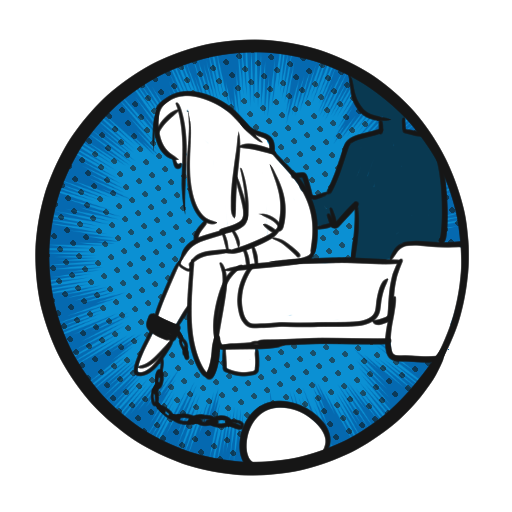Challenges of COVID-19 isolation expose vulnerable elders to the virus
Elliot Mugande
Zimbabwe
Reporting topics:
Women, people with disabilities, Covid-19, livelihoods
In many countries, the bigger focus of the coronavirus pandemic has been the protection of elderly members and those with underlying medical conditions. As seen globally, the elderly are more at risk of dying from the virus. But one challenge that many families are grappling with is isolation from older family members by those confirmed positive of the pandemic. This has resulted in untold stories of mental health and depression. This report from community reporter Elliot highlights this issue from someone in his community.
Gogo, the grandmother of Cilanda of Binga District Zimbabwe, is a very old woman in need of great care. From the preparation of food, fetching of water, and to bathing, Cilanda is wholly dependent on her son, a prison warden, for these services. But the son tested positive for Covid and as a matter of urgency, had to be isolated from the vulnerable Cilanda.
As part of the national protocols to contain the spread of the virus, one who tests positive for Covid is expected to isolate from the rest of the population for at least 10-days. This left Cilanda and her son in a complicated situation. While the son worries about potentially infecting his mother with the virus, there was also constant thoughts about who looks after the old woman.
But Cilanda and her son are not the only ones struggling with this complicated reality. In fact, a new problem has emerged out of these situations – the negative physical and psychological effects it has on both the elderly and those infected with the virus.
Without her son, old Cilanda cannot afford to hire housemaids and caregivers to assist her with chores and her daily upkeep. Her life has been disrupted greatly. Even though she remains uninfected, she is now susceptible to depression and mental health problems.


